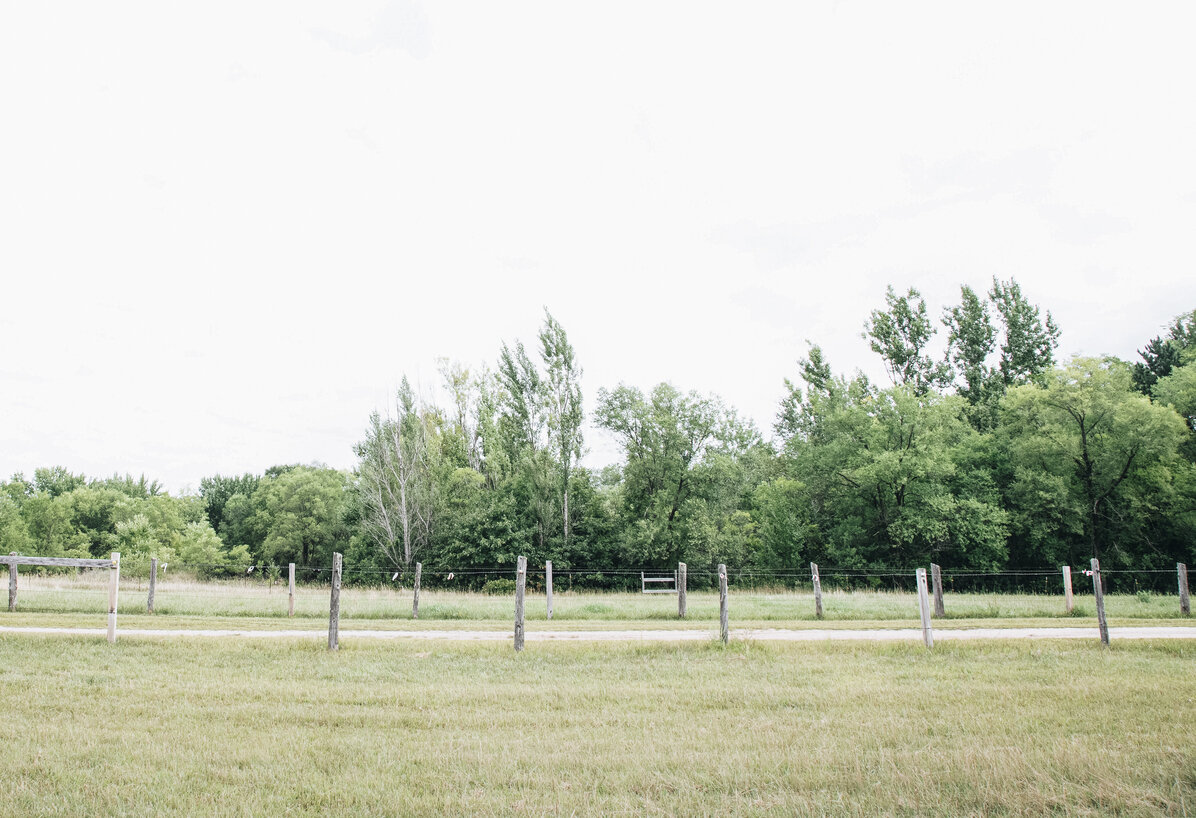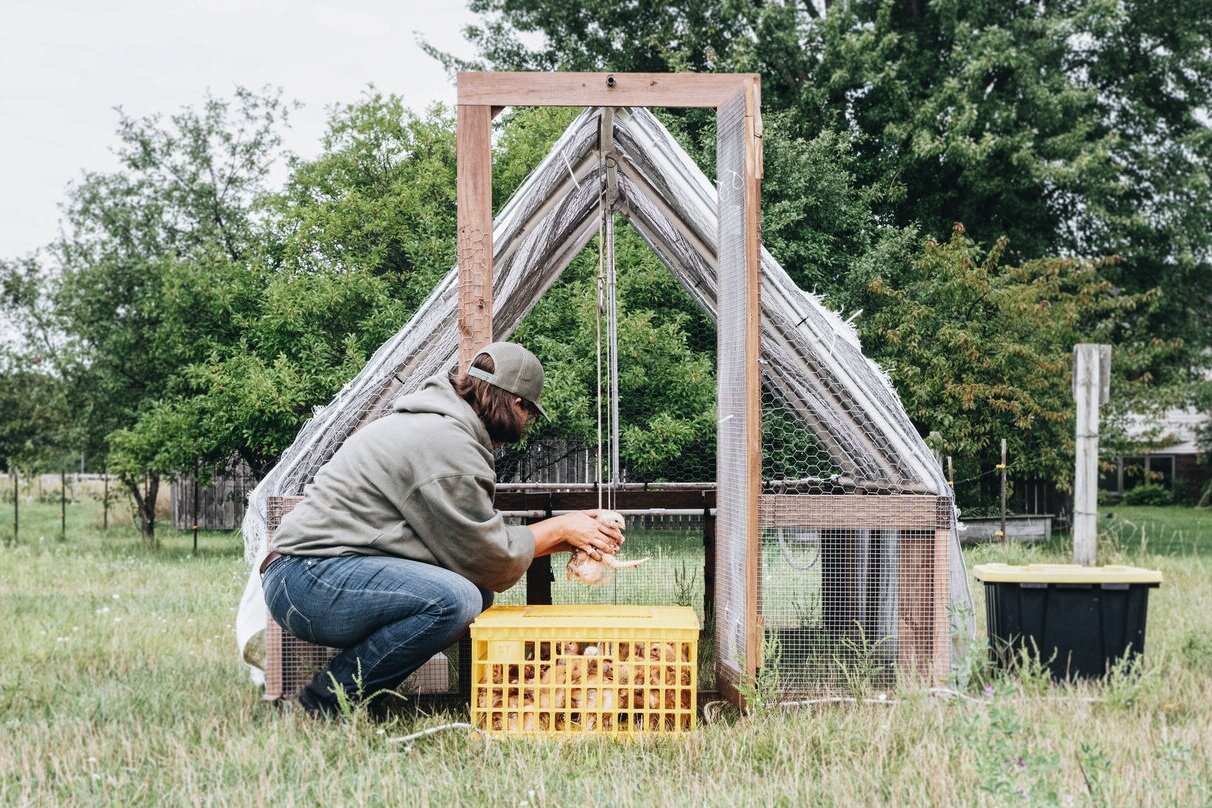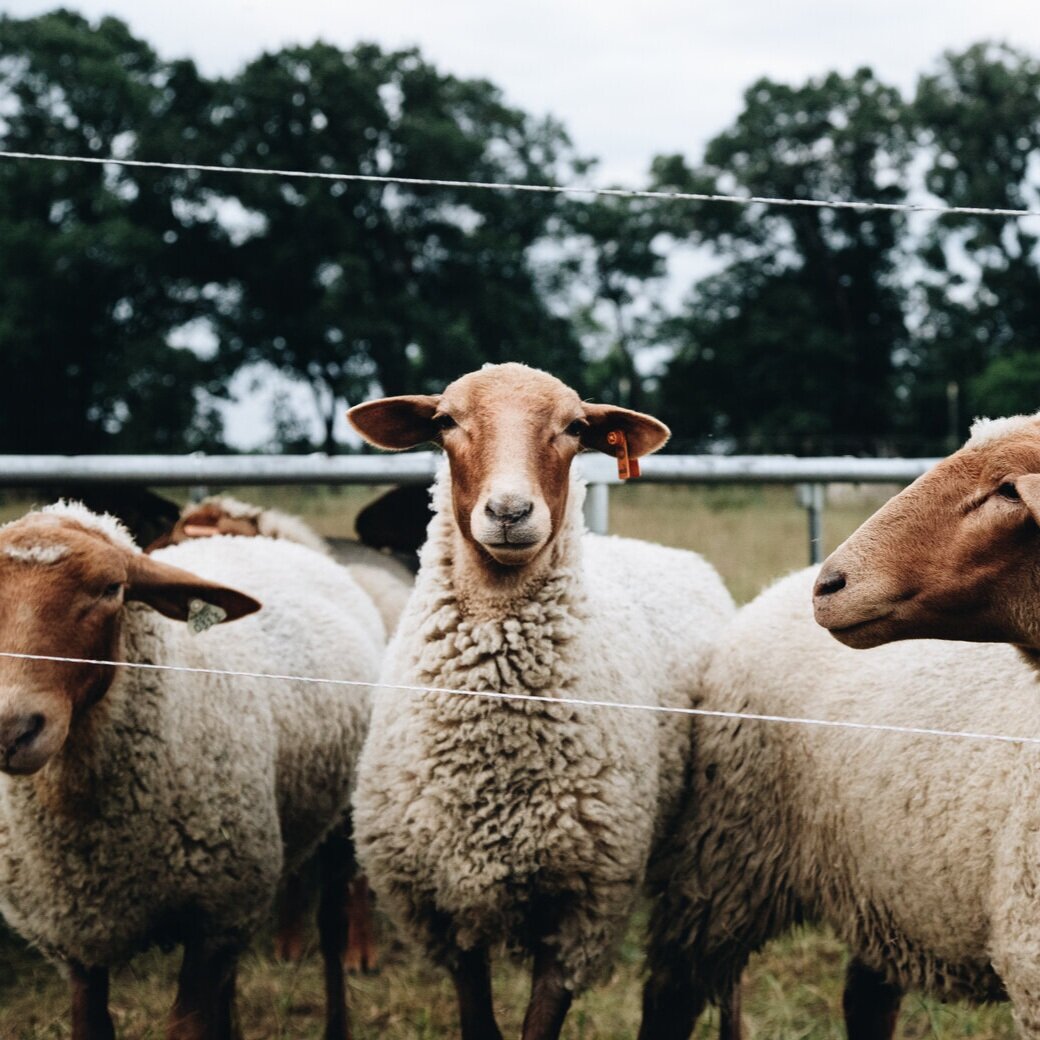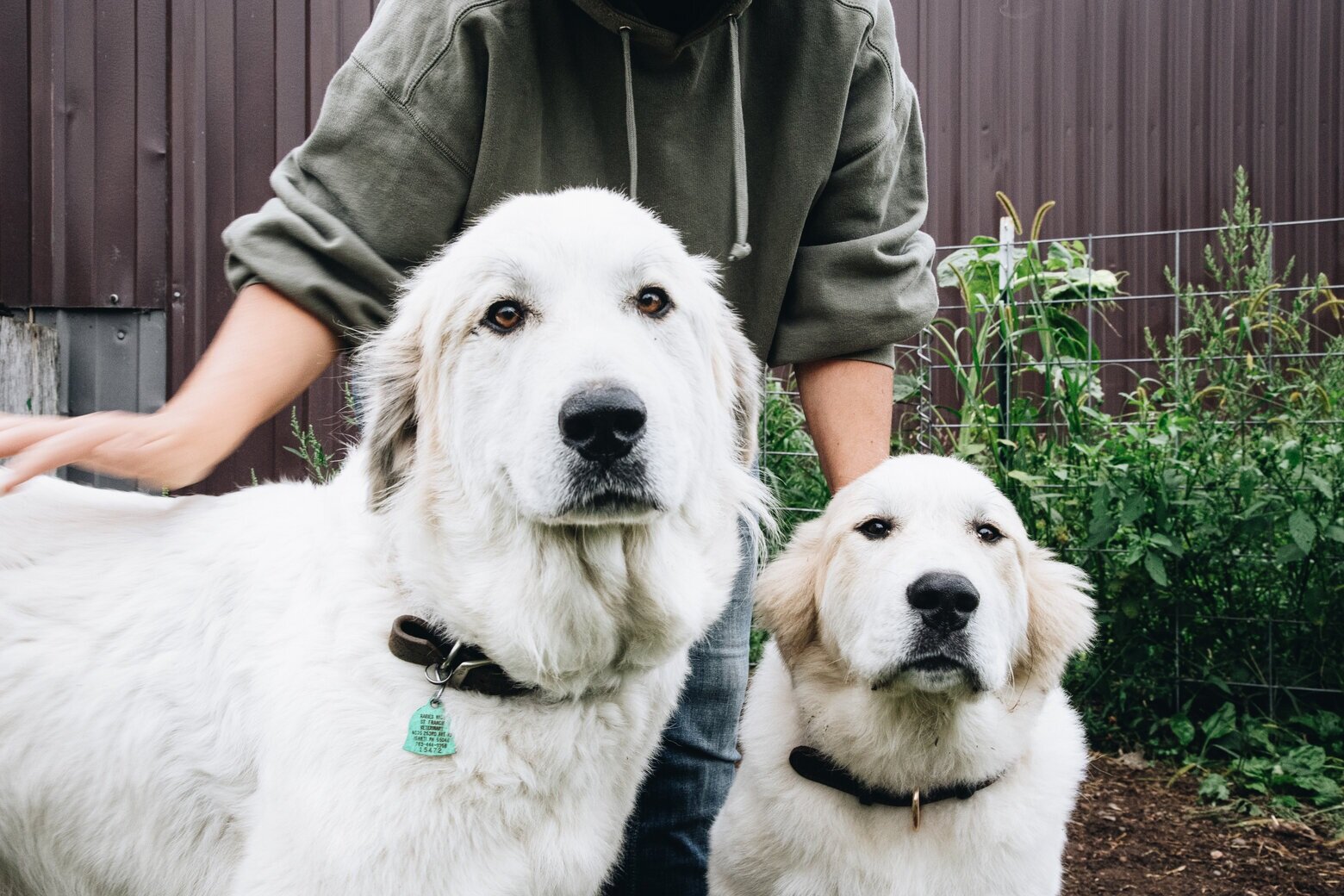Farming for the Future: Experimenting on Seelye Brook Farms.
Just north of the Twin Cities, Karen and Randy Kleinman are rethinking what it means to be value-based farmers through their holistic methods and experimental process.
Story by Sarah Wescott | Photography by Sarah Carroll
As the sun rises each morning at Seelye Brook Farms, chickens begin to coo, ewes nurse their lambs on an expanse of pasture, livestock guardian dogs stretch their long legs, and the Kleinman family of six prepares for another day on the farm. Just north of the Twin Cities, Seelye Brook sits on 14 acres of oak savanna. Years and years of conventional farming depleted the biodiversity both above and below ground, but now, after only 4 years under the care of the Kleinman’s, the farm is taking on new life.
Though it may be hard to tell, Randy and Karen were not always farmers. They were raised in the suburbs of Minneapolis watching their parents tend to beautiful backyard gardens but didn’t start exploring the role of agriculture in their lives until Randy was in graduate school at the University of Illinois at Urbana-Champaign and found himself and Karen surrounded by corn and soy farms.
He quickly realized that he was living in an area with rich and fertile soils and decided he wanted to take a stab at a backyard garden. The little 6x6’ plot was the start of a much bigger story than they knew at the time. When the couple returned to Minnesota in 2009, they found a home with large gardens with the hopes of continuing their agricultural adventures.
Just a few years later, Randy had taken a job as an engineer and was feeling overwhelmed and fatigued. After feeling like he didn’t even have enough energy to play with his children, he decided it was time to see a doctor and was diagnosed with Hashimoto’s disease, an autoimmune disorder that leads to the destruction of the thyroid gland. Karen had also been living with Type 1 Diabetes since she was in high school, another autoimmune disorder that destroys the cells in the pancreas that produce insulin. Randy’s new diagnosis led the couple to the conclusion that they needed to invest in their health, and food seemed like the perfect place to start.
The more they read, watched, listened, and learned, the more they understood that food, and the way it was produced, played an essential role in how they felt. Their backyard garden expanded and the family doubled in size as six baby chicks and coop were added to their soon-to-be urban “farm.”
The following summer, Randy, a scientist and researcher, really dug in. He incorporated soil science into their gardening techniques, used the chickens for bug control, used wood chips for weed control instead of tilling, and focused on nutrient density in his produce over yields. Randy and Karen’s efforts paid off and the soil came back to life. Meanwhile, the lucky neighbors who shared in their extra produce began to notice and even commented on the amazing flavor of the family’s harvest.
The more success the family had in their backyard oasis, the more they wanted to expand. In 2016 they finally made the leap and purchased 14 acres of overgrazed horse-pasture in Oak Grove, Minnesota, now known as Seelye Brook Farms.
While establishing their farm, the Kleinmans kept a few key principles in mind. They wanted to:
Raise meats that were just as nutrient-dense as their produce
Use their farm to explore the potential of nutrient density in food, and contribute to the larger conversation surrounding sustainable agriculture
Produce trustworthy and safe foods for their family
Provide their children with the opportunity to learn about entrepreneurship, ownership, and hard work.
Since establishing their farm in 2016, the family has continued to flourish alongside their farmstead. “Although there have been many challenges and mishaps, we would never leave it all to go back,” says Randy. Today, Karen and Randy, with the help of their 4 children, tend to chickens, sheep, turkeys, rabbits, and livestock guardian dogs. All of their animals are pasture-raised- yep, even the rabbits!
Randy has continued to incorporate farming techniques both new and old into their practices in the effort to produce the highest quality, most nutrient-dense, and ethically raised products possible. Using permaculture, a form of agriculture that uses diversity, stability, and resilience to mimic the natural ecosystem while still producing food, and regenerative agricultural practices, Randy has been able to bring the soil back to life, raise animals in an environment best suited for each species, and avoid using inputs like harmful fertilizers and antibiotics.
All of their products are pasture-raised and free from genetically-modified organisms (GMOs), pesticides, herbicides, or “any other -icides.”
For Randy, it’s more than farming, it’s about producing good food in a holistic way. “The cost of food production isn't just the price of feed, land, infrastructure, and meat processing. The costs of how the farming practices affect the soil, water, wildlife, and ecosystem are factored in as well,” he says.
Meanwhile, the Kleinmans have been using the farm as a space to explore nutrient density and how it is impacted by different growing practices. After receiving a Sustainable Demonstration Grant from the Agricultural Growth, Research, and Innovation (AGRI) grant fund of the Minnesota Department of Agriculture in 2018, they began a multi-year experiment of two differing pastured chicken systems. One is a mobile pen, also known as a chicken tractor, which is moved daily and doesn’t have a floor, giving the birds access to fresh grass. The other is also a mobile pen but is accompanied by a mobile electric fence. Each morning, the birds are let out into the pasture for the day, and each night they return to their mobile coop. He hopes his research will help other small farmers like himself make decisions about which system is best for their farm.
“[The birds] are incredibly nutrient-dense compared to the USDA standard nutritional information, which is likely factory-raised confinement house chicken. For instance, our chicken's vitamin E content is between 233-366% higher! We intend to use this information to help educate our customers on the benefits of consuming pasture-raised meats,” says Randy. Randy presented the findings of the study at the Sustainable Farming Association of Minnesota’s 2020 Annual Conference (you can watch it here).
Providing customers with transparent and trustworthy food is a central focus at Seelye Brook Farms. “While our values are grounded in nutrient-dense food, sustainable and regenerative farming practices, and treating our animals and land with care and respect, our commitment to 100% transparency to our customers- we are happy to give farm tours any time- and developing relationships with them is perhaps the most rewarding, and unexpected facet of owning a farm,” Randy remarks.
During the summer months, Seelye Brook offers chicken. In the fall, they offer chicken, turkey, and lamb and in the winter months, they offer a selection based on availability. Yarn, roving, and sheep hides are available year-round. On occasion, the family sells their mini-lop baby bunnies.
Interested in becoming a customer of Seelye Brook? Head over to their website at www.seelyebrookfarms.com or check out their Instagram @seelyebrookfarms.





















